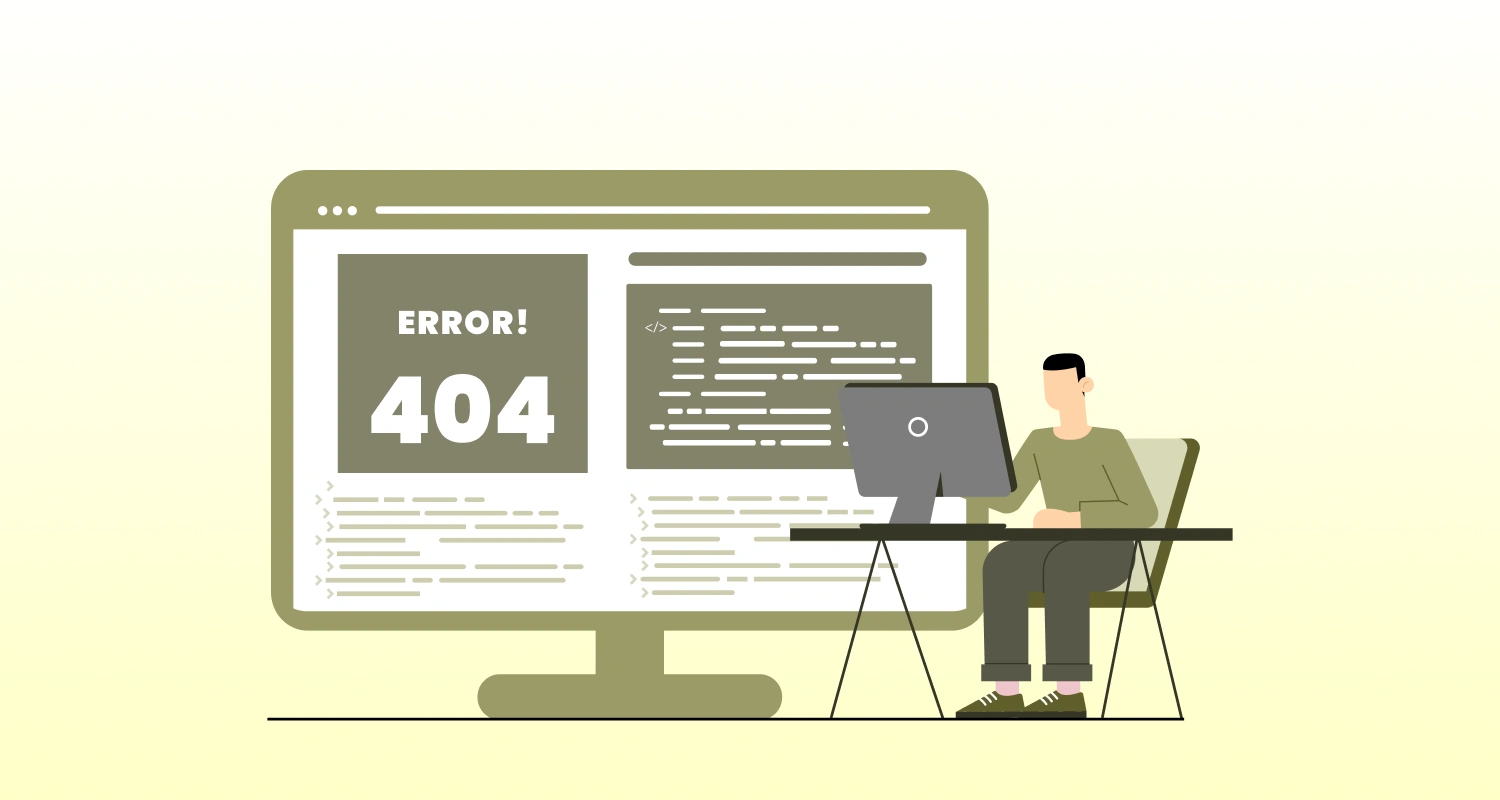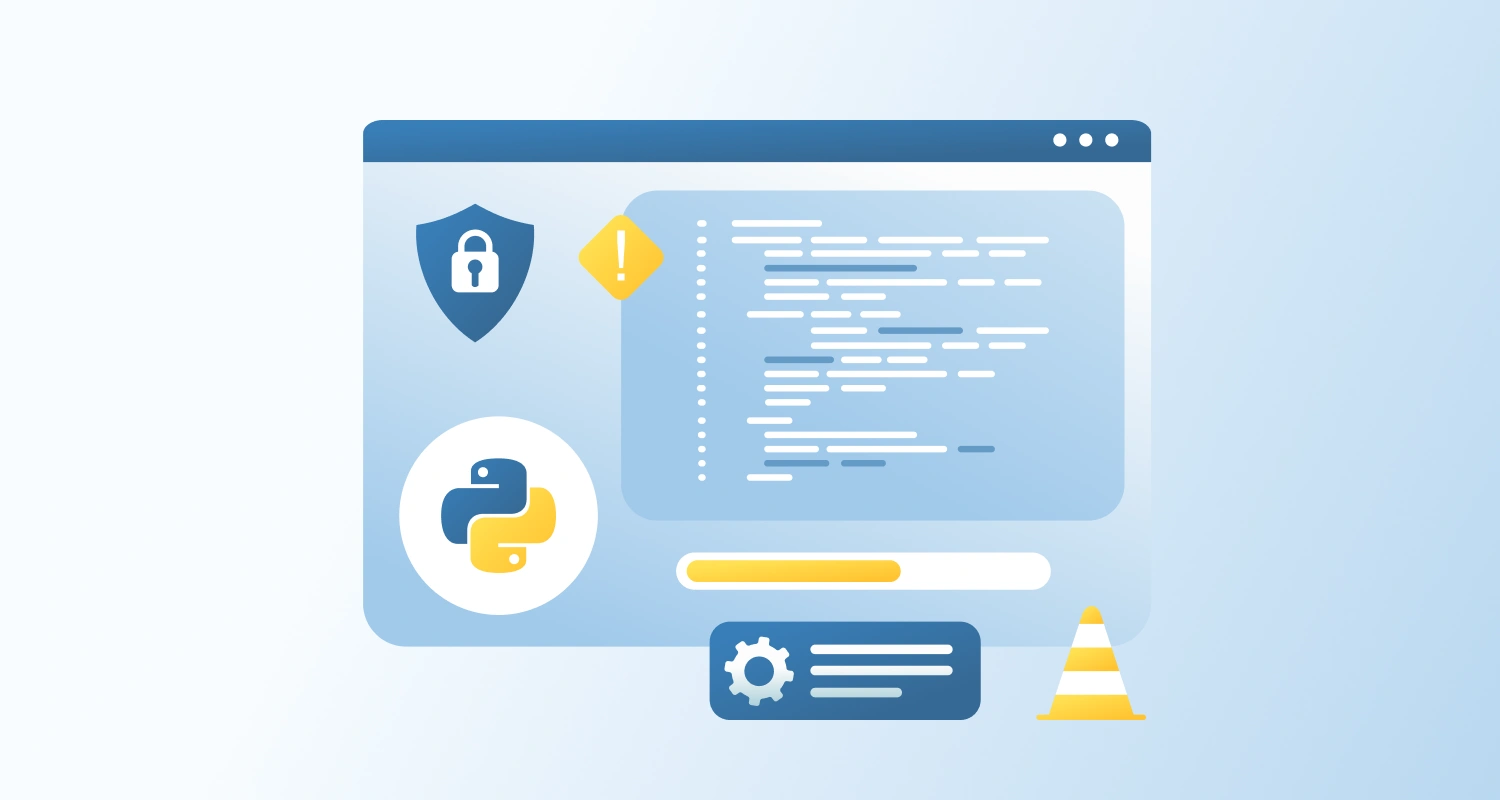WordPress follows specific naming conventions that help ensure consistency, readability, and maintainability across themes, plugins, and core files. These conventions make it easier for developers to collaborate, extend functionality, and maintain WordPress projects.
What Are WordPress Naming Conventions?
WordPress naming conventions define how developers should name variables, functions, classes, hooks, and other components in the code. These standards help maintain uniformity in code, making it more accessible to other developers and easier to maintain over time.
Key WordPress Naming Conventions
1. Function Names
Functions are typically written in lowercase with words separated by underscores (e.g., get_user_meta).
Functions prefixed with the theme or plugin name or a unique abbreviation help avoid conflicts with other plugins or themes.
Example:
function mytheme_display_header() { // Code to display the theme header
}2. Class Names
Class names in WordPress are written in CamelCase with the first letter capitalized, and words are combined without spaces (e.g., WP_User_Query).
Example:
class MyCustomClass { // Code for class
}3. Variable Names
Variables typically use lowercase letters with words separated by underscores (e.g., $post_id or $user_name).
4. Constants
Constants are written in uppercase with words separated by underscores (e.g., ABSPATH or WP_DEBUG).
Hooks (Actions and Filters)
Hooks (actions and filters) are named using descriptive names that indicate the specific task or event they are related to, often using hyphens to separate words (e.g., wp_footer, save_post).
Benefits of Using WordPress Naming Conventions
- Consistency: Following naming conventions ensures that code is uniform across different themes, plugins, and WordPress versions. This makes it easier for developers to understand and work with code they didn’t write.
- Improved Readability: Consistent naming helps developers quickly identify the function or purpose of variables, functions, and classes. It makes the code easier to read and understand.
- Collaboration: When all developers adhere to the same naming conventions, it’s easier for multiple developers to work on the same project. This reduces confusion and makes code reviews and collaboration more efficient.
- Conflict Prevention: By following a systematic naming pattern, developers are less likely to create naming conflicts, especially when building plugins or themes that may be used alongside other plugins. Prefixing function names, classes, or hooks with a unique identifier (such as the theme or plugin name) can prevent clashes.
- Easier Debugging and Maintenance: A stable codebase is easier to maintain and debug. If you don’t follow standardized naming, developers will not be able to find functions or variables as easily. Hence following such best practices saves time when troubleshooting or updating the code.
Conclusion
You should hire WordPress developers who follow WordPress naming conventions. This will ensure your codebase is maintainable, easy to collaborate and secure. Such conventions help ensure better readability and avoid conflicts.





